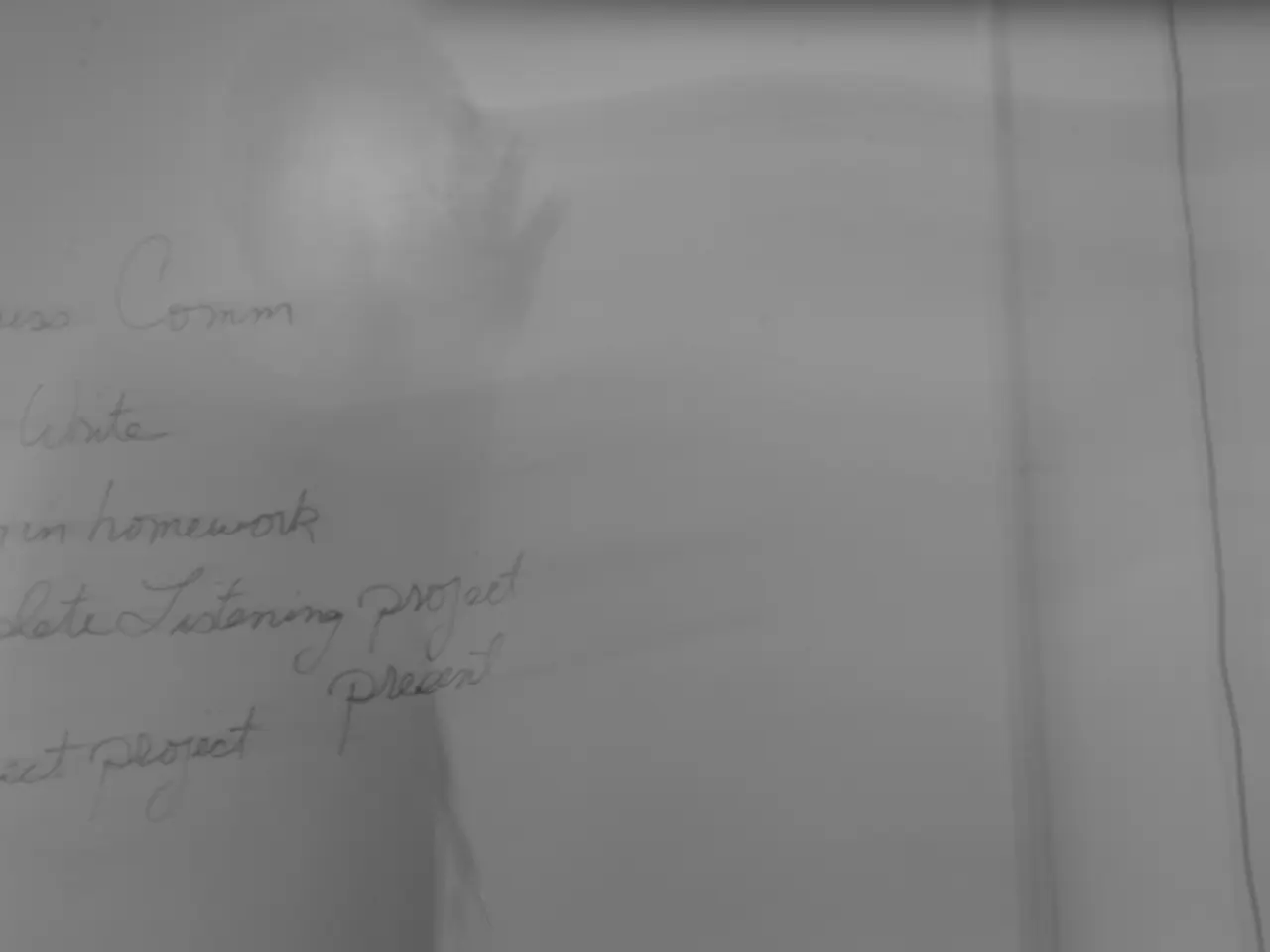Deadline for paper tax returns approaches: Act swiftly to submit your tax returns by 31st October.
The deadline for submitting a paper tax return in the UK is fast approaching, with just 100 days left until the 31st of October 2023. It's crucial for taxpayers to be aware of the penalties for late submissions and payments, as well as who is required to file a tax return.
If you make more than £6,000 in capital gains, are a higher-rate taxpayer who pays into a pension or gives to charity, receive child benefit with an income above £50,000, rent out a spare room exceeding the rent-a-room limit, are a buy-to-let landlord with untaxed rental income, or have a side hustle making more than £1,000 a year, you are among the more than 12 million people who need to file a tax return.
Submitting a paper tax return after the UK deadline of the 31st of October triggers an automatic £100 fine, even if no tax is owed. If the return remains late after three months, HMRC adds daily penalties of £10 per day for up to 90 days (up to £900 extra). At six and 12 months late, additional penalties of £300 or 5% of the tax owed (whichever is higher) apply. In severe cases, fines can reach up to 100% of the tax due.
It's important to note that the initial £100 penalty applies immediately after missing the 31st of October paper filing deadline, regardless of the tax owed. After three months, daily penalties can increase the total fine by up to £900. At six months late, an extra £300 or 5% of the tax due is charged. At twelve months late, another £300 or 5% of the tax due is added.
If tax payment is also late, HMRC charges interest and late payment penalties starting at 5% of the unpaid amount. Reasonable excuses, such as illness, postal delays, or bereavement, may allow an appeal to avoid penalties but must be supported with evidence.
HMRC no longer automatically issues paper returns unless there's a reason a customer can't file online. You can download the paper tax return from gov.uk or call HMRC to ask for one. If you want to file your self-assessment this way, you need to request a paper return.
Charity gift aid payments should be included when completing a tax return, and tax relief on pension contributions should be claimed. Investing in a VCT or EIS also requires filing a tax return.
Remember, sharing HMRC log-in information with anyone is not advisable as it could lead to identity theft or fraud. Criminals may use emails, phone calls, and texts to steal information and money during tax return season.
As more than 97% of tax returns are filed online, it's worth considering the convenience and efficiency of doing so. However, for those who require a paper tax return, it's essential to be aware of the deadlines, penalties, and the importance of timely submission to avoid unnecessary fines.
[1] GOV.UK: Self-Assessment: penalties for late returns and payments - https://www.gov.uk/self-assessment-penalties [2] GOV.UK: Self-Assessment: how to file a paper return - https://www.gov.uk/self-assessment-paper-returns [3] GOV.UK: Self-Assessment: paying your tax bill - https://www.gov.uk/self-assessment-paying-your-tax-bill [5] GOV.UK: Self-Assessment: appeals and time limits - https://www.gov.uk/self-assessment-appeals-and-time-limits
Failure to file a tax return within the given deadlines could result in penalties on your personal-finance and savings, as the initial £100 fine is automatically imposed for late submissions, with additional penalties reaching up to 100% of the tax due. To avoid these penalties, it's crucial to include charity gift aid payments, tax relief on pension contributions, and investments in a VCT or EIS when filing your personal-property tax returns.




